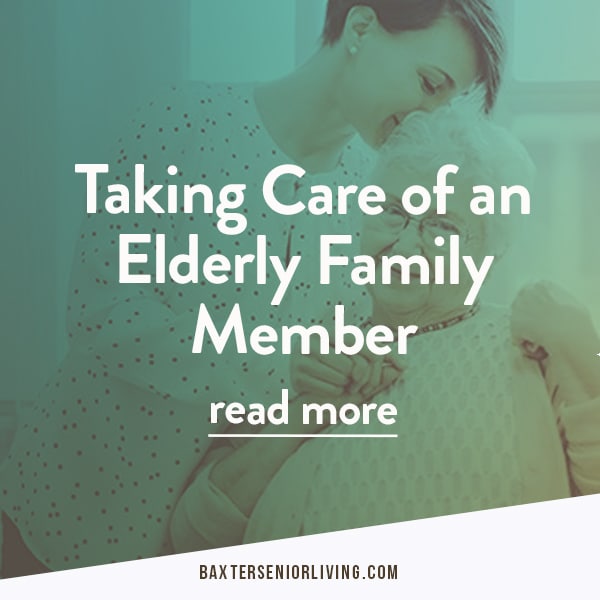The world presents many challenges in life, including how to best care for parents and other loved ones as they age. If your household has not yet been touched by these difficult issues, it is only a matter of time before someone you care about needs help, and that begins with keeping them safe. Whether you move your elderly loved ones in to your household or work to keep them safely in their own homes, it is important to have a plan in place.
As a member of the so-called sandwich generation you are stuck between the needs of your growing family and the safety concerns of your elderly parents. So how can you keep mom and dad safe at home (yours and theirs), and how can you worry less? Here are some tips to get you started.
Conduct a home safety audit. Look for exposed cords, frayed rugs and other tripping hazards that could make living at home dangerous
Install grab bars at entrances, in bathrooms and other strategic locations. Safety rails in the shower and around the toilet can prevent falls and keep your older loved ones protected.
Enroll your elderly loved ones in a monitoring system. Monitoring systems that detect falls and automatically call for help can literally be life savers
Check in often. Giving your elderly loved ones a call will give you peace of mind and allow the whole family to rest easier.
Take the lead on medication management. Managing medication can be a real chore for elderly loved ones, so take the lead by sorting their pills and setting up reminders.
Stay in touch with technology. In the 21st century staying in touch with and keeping tabs on an elderly loved one can involve more than just a phone call. Thanks to the power of technology you can get a glimpse into their home life with products made by Amazon, Google, Apple and others, giving you a glimpse into what is going on and an early warning of problems on the horizon.
Stay in touch with doctors and in-home caregivers. If your loved one has an in-home caregiver, reach out to that individual about how they are doing and what they might need to stay safer in their home. Even if there are no in-home caregivers involved, you can talk to members of the medical team (with the permission of your loved one, of course) and gather information about chronic medical conditions, acute care needs and more.
Enlist the assistance of your siblings. If you are feeling burned out and overburdened, do not be afraid to reach out for help from other members of the family. Caring for an elderly parent or other loved one is often a bigger job than one person can do on their own, and splitting the duties can help everyone breathe a little easier.
There you have it. These practical elder care tips can help keep your loved ones safe, all while you take care of your own family and work obligations. Being sandwiched between the care needs of three generations is not easy, but these timely tips can help you get it done.


